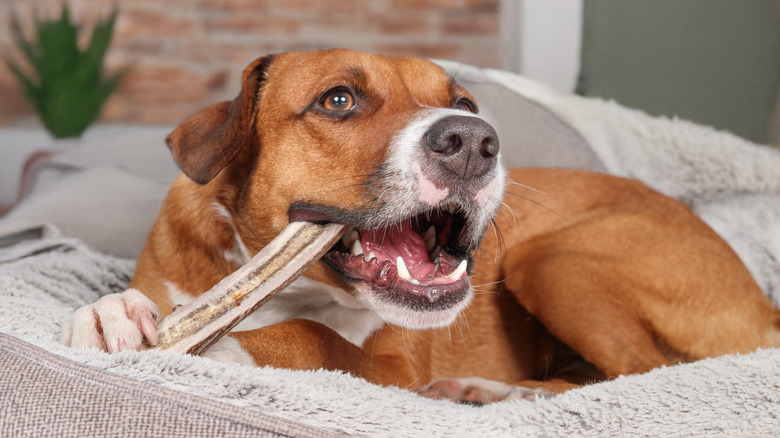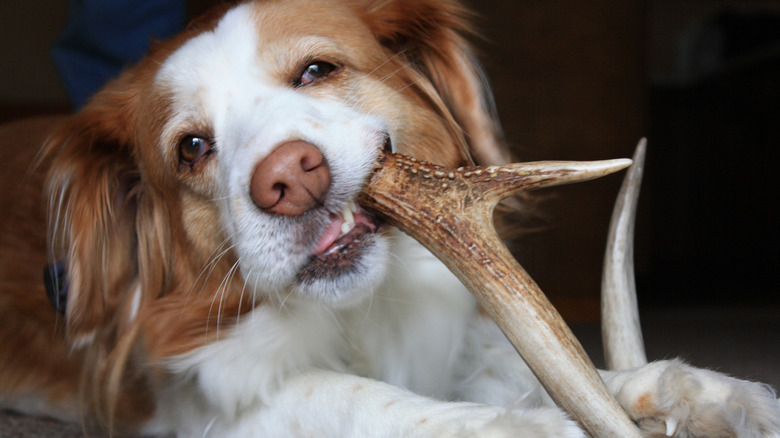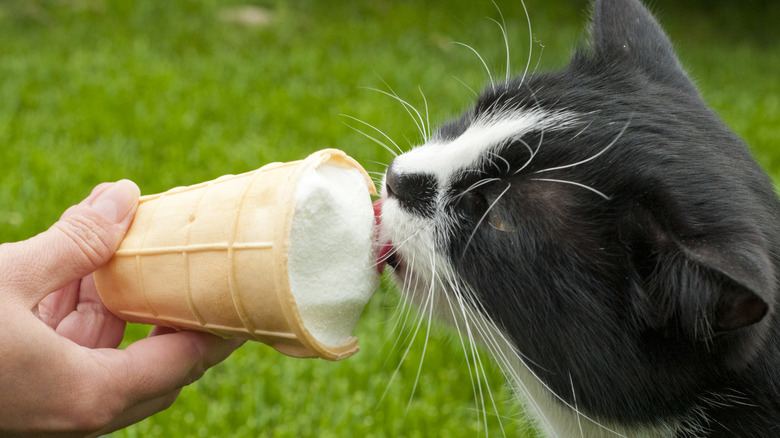Think Twice Before Feeding Your Pet These Teeth-Damaging Treats
Most human children love treats like popsicles, cookies, and ice cream. Pets fancy many of these same treats between meals, in addition to the ones made specifically for animals. Unlike children, though, pets have no way of knowing the dangers that certain foods can have on their teeth. If something smells and tastes good and is accessible to them, they'll eat it without a second thought. While it's safe to give your pet some treats, you should think twice before feeding it things like hard bones (real or manufactured) and sugary treats.
Even though companies produce and sell products specifically for certain pet species, that doesn't necessarily mean the products are completely safe. Some items can fracture or crack your pet's teeth, leading to pain, infection, and a hefty veterinary bill. Others can cause cavities over time, especially if you don't brush your pet's teeth on a regular basis. Aim for pet-friendly vegetables and fruits, soft teeth-cleaning chew toys, single-ingredient treats, unseasoned freeze-dried or cooked meat, or treats with veterinary approval and no artificial additives instead.
Bones, including antlers, can fracture or break your pet's teeth
Dogs in particular love chewing on bones. While it's possible for a dog to chew on a bone until there's nothing left without any dental issues, this isn't a guaranteed outcome for every pet or every bone. The American Animal Hospital Association's (AAHA) Dental Guide discourages hard treats like synthetic or natural bones, as they could be damaging to the teeth, causing potential damage or infection.
Dr. Jane Pegg, a board-certified veterinary dentist, offered her insight on the topic with Focus and Flourish. The Ontario-based vet shared that large bones like cattle femurs and knuckles are the ones that are most likely to cause breaks and fractures, due to their hard, "no give" nature. She also shed light on which dogs are more prone to tooth fractures as a result of chewing bones. The more aggressive of a chewer the dog is, the more at risk it is for tooth damage, regardless of breed.
Deer antlers are another no-no for pets. In fact, Dr. Pegg said it's the number one cause of tooth breaks and fractures at her practice. They're often discouraged by veterinarians as chew toys because of their ability to break teeth and expose the tooth's nerves. The fourth premolar and first molar, known as the chewing teeth, are most likely to be fractured or broken as a result of chewing antlers, bones, and other hard objects.
Sugary treats can cause oral decay in pets
While not all mammals crave sugar like many humans do, sweet treats can still appeal to some pets, leading many owners to share their snacks with them. Several restaurants even encourage this sharing: Starbucks, Dairy Queen, and Dunkin' offer sweet pet treats at the drive-thru in the form of whipped cream, a Pup Cup, and a Puppuccino. Although a small amount of dessert every once in a while likely won't cause any issues for your pet, an excessive amount increases the odds of dental problems.
When a pet eats a large amount of sugary foods, it can develop cavities on the teeth in the back of its mouth. The good news is, cavities are rare in dogs, cats, and other pets, but they're still possible, and when they do develop, they can cause pain. Left untreated, they could even result in tooth loss.
To lower your pet's risk of diet-related dental problems, limit the number of sugary treats you give it. You may also want to consider making your pet's own teeth-friendly treats. In addition, you should also take it to the vet for a comprehensive wellness exam and a teeth cleaning at least once a year, if not more often. Brushing your dog's teeth, cat's teeth, or the teeth of any other pet you have will also help.
Always consult your veterinarian before making changes to your pet's diet, exercise, or care. To find an accredited veterinarian in your area, you can search the American Animal Hospital Association's online database.


